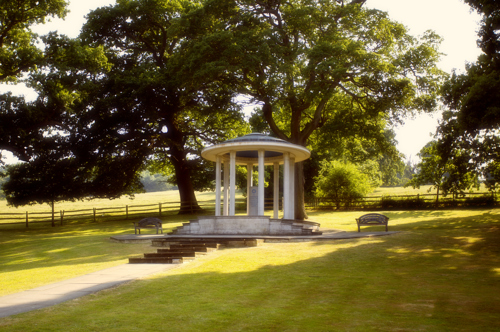Programme one, option one
Democracy, sovereignty and the rule of law: from Magna Carta to Brexit
This module will provide students with a grounding in Britain’s democratic heritage, explored through the lens of Magna Carta, and contemporary legal and political questions associated with such Magna Carta themes as democracy, sovereignty and the rule of law. It will introduce students to key moments in British history that redefined the relationship between the citizens and the state; the UK Supreme Court, along with the chance to examine some of its recent landmark rulings; the UK Parliament and contemporary political debates such as Brexit, the rise of populism and threats to the rule of law in Europe.
Learning Outcomes
Have an understanding key milestones in the history of liberty, representative government and democracy in Britain, from the sealing of Magna Carta to the Suffragettes and beyond.
- Be familiar with concepts of democracy, sovereignty and the rule of law.
- Have an understanding of the English legal system and the role of the UK Supreme Court.
- Be familiar with three recent landmark UK Supreme Court rulings, considering issues of Human Rights and the sovereignty of Parliament.
- Have an understanding of key UK political institutions and a familiarity with contemporary political debates around Brexit and populism.
Weekly Topics and Field Work
Proposed field trips for Democracy, sovereignty and the rule of law: from Magna Carta to Brexit
Magna Carta
Trip to Runneymede, where Magna Carta was sealed
Rule of Law
Royal Courts of Justice
Governance and Politics
Parliament

Assessment Information
Presentation (40%)
Reflective Journal (30%)
Weekly Quizzes (30%)
The course is worth 15 UK credits/ 7.5 ECTS, which translates to between 3 and 4 US credits. Please note it is your responsibility to check that your home institution will accept transfer of these credits back as part of your degree programme.
Indicative Bibliography
Bogdanor, V. The new British Constitution, excerpts.
Jones, B., Norton, P., and Daddow, O. Politics UK.
Lee, J. “From House of Lords to Supreme Court judges, jurists and the process of judging”.
Loveland, I. Constitutional Law, Administrative Law, and Human Rights: A Critical Introduction.
Vallance, E. A Radical History of Britain.




















